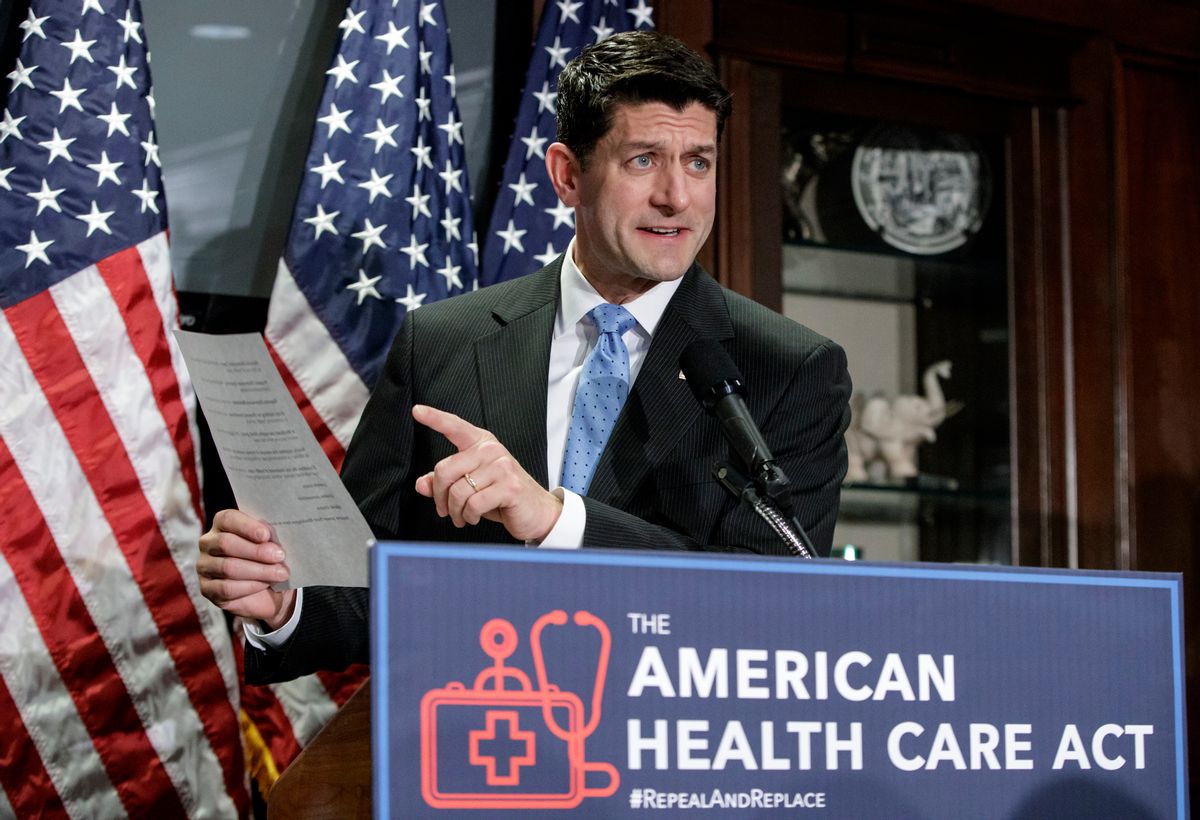House Republicans introduced their American Health Care Act on March 7 to “repeal and replace Obamacare” (the Affordable Care Act). Neither the bill nor Speaker Ryan’s website announcement mentions “tobacco.” But as tobacco researchers, we believe it would have a substantial negative impact on control efforts. ![]()
The ACA includes a Prevention and Public Health Fund that supports prevention and public health programs, including tobacco prevention (US$931 million for all programs in 2016).
In addition, the ACA Medicaid Incentives for Chronic Disease Prevention Program includes $85 million for state Medicaid for tobacco cessation and other goals.
The ACA also:
- Requires most private and public insurers to cover tobacco cessation as one of 10 “essential health benefits” at no cost to the patient
- Requires most insurers to cover treatment of substance use disorders, which may include tobacco dependence, as another essential health benefit on an equal basis with other medical and surgical benefits
- Allows insurers to charge tobacco users up to 50 percent higher premiums
- Allows employers to reward or penalize employees up to 50 percent of the cost of insurance coverage based on participation in wellness programs that include reducing tobacco use
- Encourages community-based prevention through Community Health Needs Assessment requirements for nonprofit hospitals and funding for public health fellowship training, promotion of community health workforce and community health centers.
What the American Health Care Act would change
Most discussion of the AHCA has focused on the estimate that 24 million people would lose insurance and costs for many would go up.
But by our reading of the bill, the AHCA would also damage health in other ways.
It ends the Prevention and Public Health Fund that provides 12 percent of Centers for Disease Control and Prevention’s program funding, including tobacco control across the country. Among other things, the fund allowed CDC to create the first federal paid anti-smoking media campaign: Tips From Former Smokers (Tips).
Tips cost-effectively inspired 1.6 million smokers to attempt to quit and prevented over 17,000 premature deaths.
The AHCA also drops the requirement that some Medicaid programs cover preventive care like smoking cessation. It also fundamentally changes the structure of Medicaid funding, which will likely lead states to reduce eligibility and cut smoking cessation and other benefits.
While the AHCA does increase funding for Community Health Centers, this money will likely be needed to deal with the bill’s prohibition on funding Planned Parenthood. The AHCA also establishes a Patient and State Stability Fund, which could be used for preventive care and substance use disorder prevention, treatment, or recovery efforts, which could theoretically include tobacco cessation. However, it is unlikely that tobacco cessation will be a priority for this new fund, as it is projected to be used primarily to reimburse insurers for some high-cost enrollees. In our view, neither of these new funding sources would make up for the loss of the Prevention and Public Health Fund, which has prioritized public health goals and provided support for effective tobacco prevention and cessation programs across the nation.
Who will be the losers if the bill becomes law? Smokers and the public who will have to absorb the increased costs of caring for them. The winner: Big Tobacco.
Daniel Orenstein, Postdoctoral fellow, University of California, San Francisco and Stanton Glantz, Professor of Medicine, University of California, San Francisco



Shares